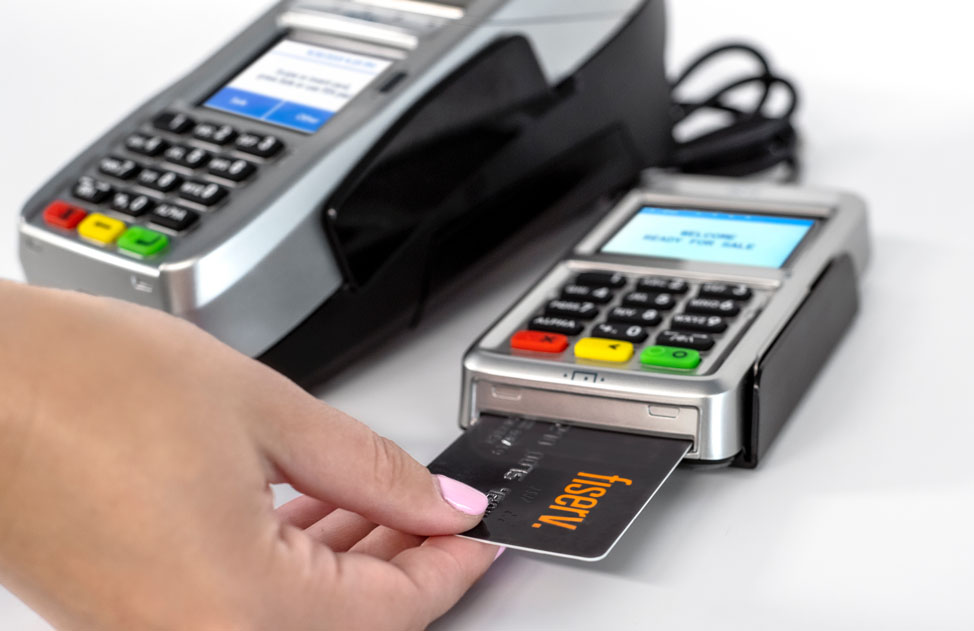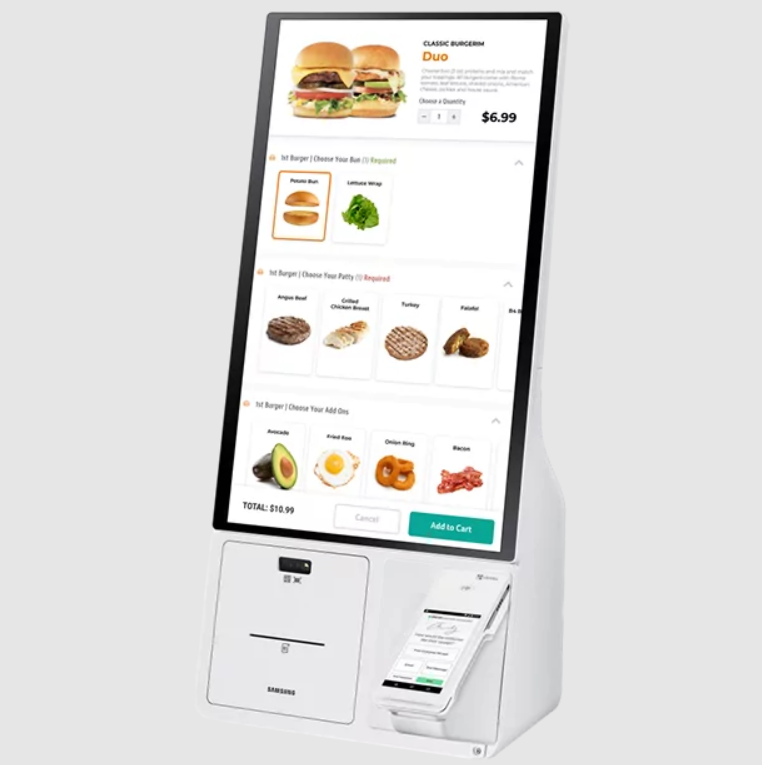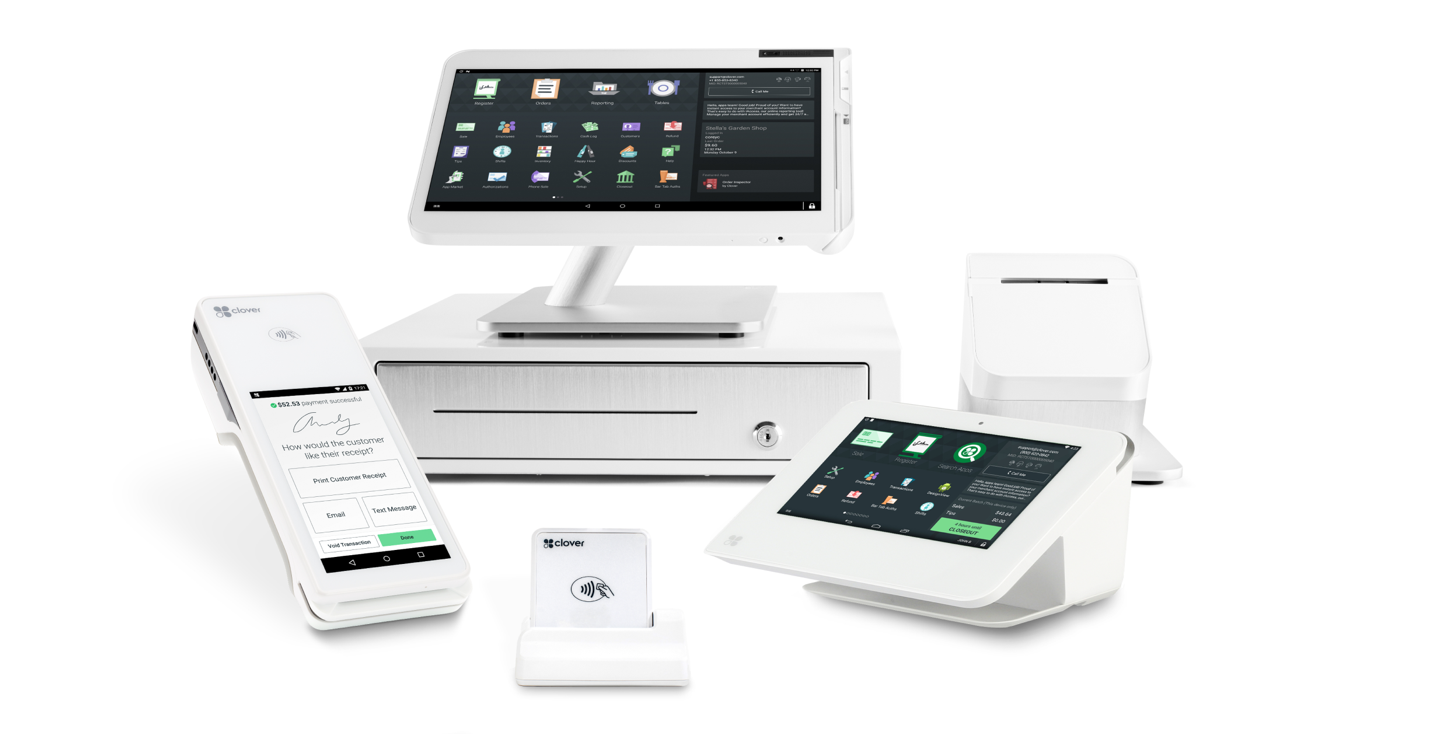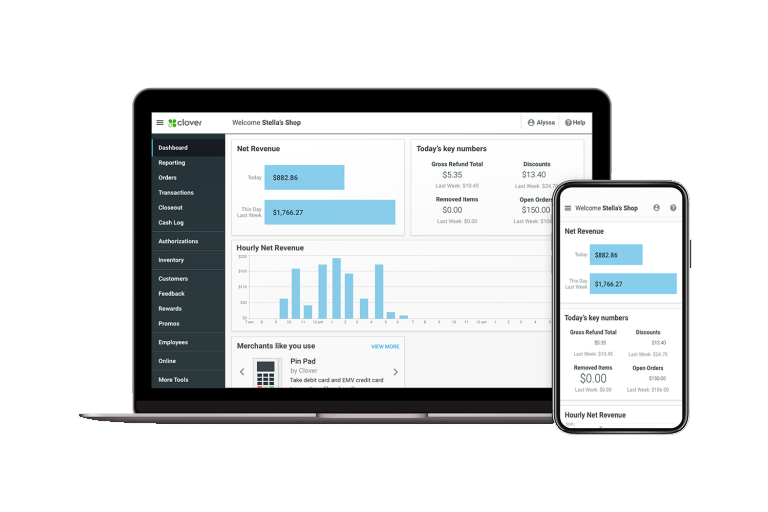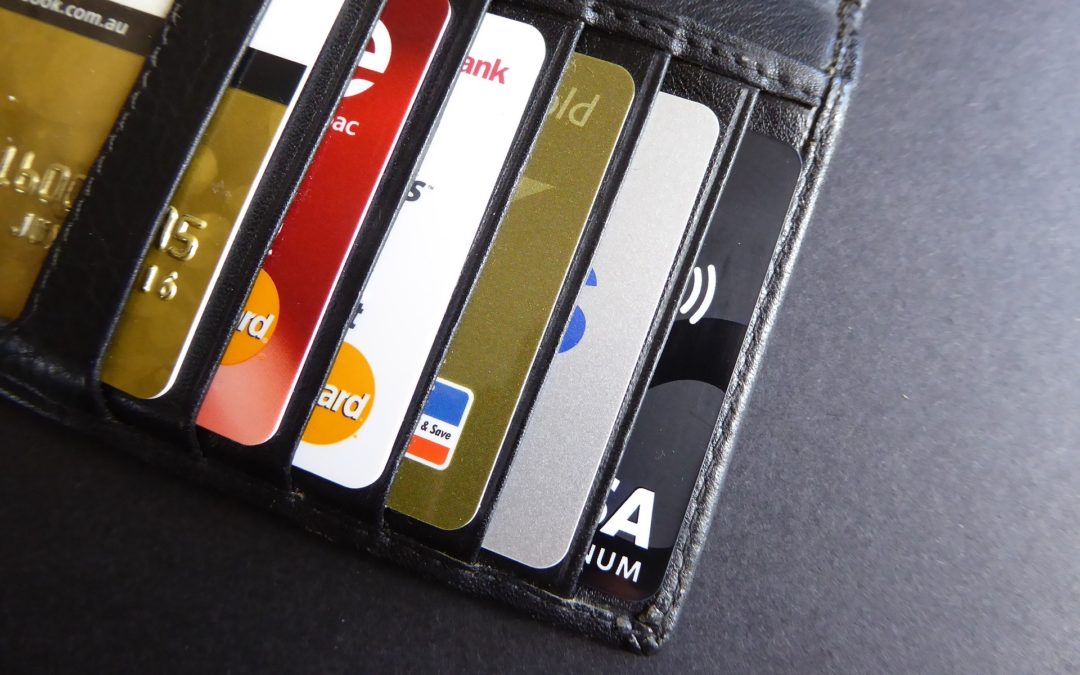Many people carry both credit and debit cards in their wallets. Credit cards are nice in that they let consumers “borrow” money for 30 days or longer. Debit cards are nice in that they don’t rack up huge interest fees – purchases come directly out of people’s checking accounts, at no extra charge. There are no late fees involved, and debit cards typically come without the annual fees you find with most credit cards. Interestingly, more consumers today pay with debit cards than with credit cards.
That’s how consumers view the two. As for merchants, which kind of card would you rather have customers pay with – debit or credit? There’s a clear choice here.
Debit Cards Cost You Less
Let’s cut to the chase – debit cards cost merchants less than credit cards. Here’s why.
The interchange rate merchants are charged for debit card transactions is substantially less than those for credit cards. This is due to a number of factors, chief of which is that debit cards are less of a risk. (Debit card transactions are deducted directly from the cardholder’s bank account, remember; the card issuer is not carrying any debt that consumers might not pay.)
These rates won’t change over time, either; the Durbin Amendment of 2010 caps interchange rates for regulated debit cards at 0.05% + 22 cents. (Plus processing company fees, of course.) Credit cards have no similar cap, so their rates may (and do) go up over time.
Given the choice, then, it’s to your benefit as a merchant for a customer to pay via debit card instead of credit card. It will save you money.
Rates Do Differ
That’s not to say that all debit cards are charged the same rate. Rates vary depending on the issuing bank and other factors, just as with credit cards. In addition, how the debit card is used affects the merchant fees you pay.
A debit card used with PIN verification will have a lower interchange rate than one with signature verification. Typically a PIN verification is triggered when the customer chooses to pay via debit. If the customer selects “credit” when paying with a debit card it triggers signature verification, with higher rates.
That is somewhat balanced out by the fact that PIN transactions have slightly higher per-transaction fees; the per-transaction fees for signature verification are slightly lower.
Simplifying this, PIN transactions have lower rates but higher per-transaction fees. Signature transactions have higher rates but lower per-transaction fees. This makes PIN-verified transactions less expensive for large-ticket purchases, and signature-verified transactions less expensive for small-ticket purchases.
The Bottom Line
The bottom line? As a merchant, you should encourage your customers to pay with debit cards instead of credit cards. You’ll save money on each transaction.




